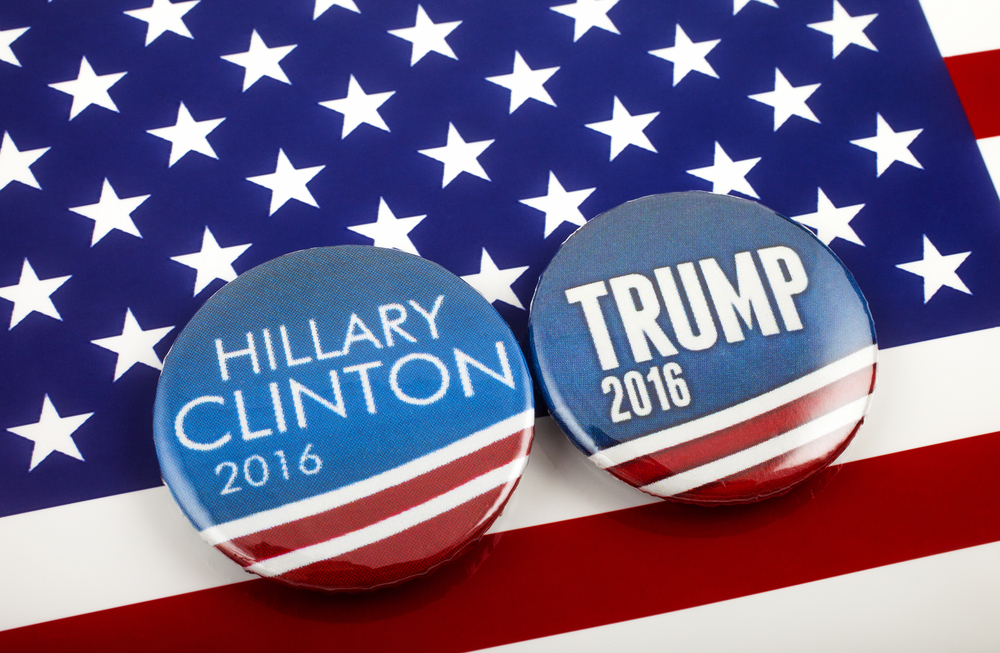Experienced Investor
Brexit lessons: why investors shouldn’t hit panic button after Trump win

Guest Author:
Adam LewisHeading into 2016 it seemed almost inconceivable that the UK would have voted out of the European Union and the US would have voted in Donald Trump to be their 45th president. Indeed a bet on those two and throwing in Leicester City to win the Premier League would have paid out very handsomely in the betting shop.
Perhaps the reason the first two seemed so impossible was the fact that we were constantly told by so-called experts and forecasters that the chances of them happening were slim at best. At one stage the odds of Brexit were 3/1, which means when they happen the shock factor is even greater. The problem is that shock often leads to panic and panic leads to short-term decisions, as both markets and investors hate uncertainty.
Take Brexit as the prime example, not only did the FTSE 100 dive, investors also rushed to sell commercial property funds, fearing the market was on the point of imminent collapse and they piled into gold as the safe haven asset. Just a few weeks later the FTSE 100 recovered its losses and went on to post an all time high.
Unsurprisingly then today, among all the doom and gloom that has followed the reality TV star’s surprise win at the polls, an overriding message is that investors do not make rash, short-term decisions with their money.
Indeed Trevor Greetham, head of multi asset at Royal London Asset Management, points out: “If Brexit provides a roadmap for investors, stock prices could be making new highs again by year end.”
This has been proved just by the way global markets have already performed today. After an initial sell off, with the FTSE 100 down 2% and Japan’s Nikkei 225 down 5% on close, there is a sense that this is no more of a knee-jerk reaction as the one we witnessed in June.

How life insurance can benefit your health and wellbeing over the decades
Sponsored by Post Office
“Initial stock market reaction to the Trump victory was a short intake of breath, followed by a shrug,” says Hargreaves Lansdown’s senior analyst, Laith Khalaf.
“The FTSE 100 was included in the early morning sell-off, but the reaction of the UK stock market was much more muted than in the immediate aftermath of the Brexit vote. The market opened 2% down, but has since staged a recovery to trade a little under yesterday’s closing price, with the FTSE 250 actually bouncing back into positive territory.”
As such, for Khalaf, the bounce back already in stock indices suggests that even the most powerful office in the world holds only limited sway over global capital markets.
Those who did anticipate Trump’s victory and made the move into gold will be smiling however, with the price of the yellow metal up $20 this morning to around $1,300 an ounce.
“There is no point in us forecasting what happens next, people way smarter than us have just called another election completely wrong and as for economist forecasts, well you just have to look at the hopeless calls on the UK post-Brexit,” says Chris Metcalfe, managing director of IBOSS Ltd.
“We need to remember that once the dust has settled Trump is not necessarily bad for asset markets and as ever there will be winners and losers and as ever what there will definitely be are opportunities.”
As a result Metcalfe, who picks underlying funds for model portfolios and Oeics, hopes the managers of these portfolios are “at this very moment scouring their investment universes for opportunities whether they come in the next few hours, days, weeks or months”.
With political risk being the dominant theme of this year, a date for the diary for a next possible panic is December 4, when the Italians go to the polls to vote on constitutional reform. With a vote considered too close to call, it might be a good strategy to ignore what the experts say will happen.